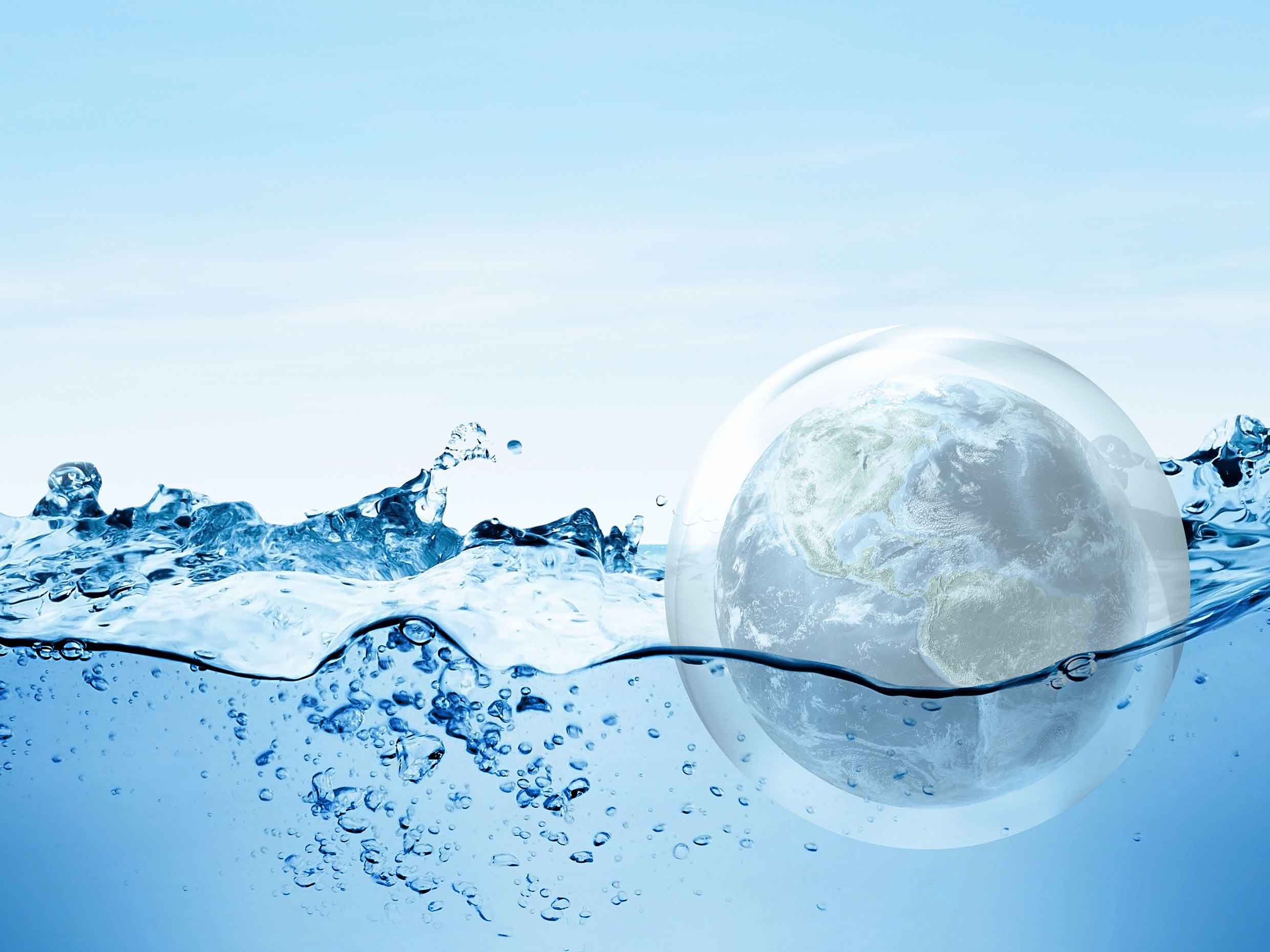Life Cycle Engineering analyzes products, processes, and services under ecological, economic, societal, and technical aspects. The analysis extends over the entire life journey – from the extraction of raw materials, to production and usage, up to end of life. This is based on the life-cycle-related analysis of process chains and of material and energy flows.
Our research services:
- Life Cycle Assessment acc. to DIN EN ISO 14040 and 14044
- Critical reviews – critical evaluation of Life Cycle Assessments acc. to DIN EN ISO 14040 and 14044
- Support in Life Cycle Assessment – data acquisition, training courses, trend workshops, future scenarios, dashboards, big data analytics
- Datasets and databases
- Carbon footprint acc. to ISO 14067 and water footprint acc. to ISO 14046
- Environmental product declarations (EPD) acc. to DIN EN ISO 14025 and DIN EN 15804
- Design for the Environment (DfE) – environmentally compatible product development
- Sustainability certification for buildings and urban districts acc. to DGNB System
- GENERIS for buildings – tool for Life Cycle Assessments in building construction (DGNB, BREEAM, etc.)
- Land use aspects (LANCA) and biodiversity (BIA)
- Resource efficiency and raw material criticality
- Life cycle economics – cost analysis in the value-added chain
- Social risk analysis – societal profiles along the value-added chain
- Sustainability analyses – ecological, economic, and societal aspects of products
Depending on the objective, analyses of individual aspects are also possible and appropriate. As well as giving assistance in making individual decisions, Life Cycle Engineering can also serve to optimize a system or facilitate specific innovations. The particular benefit of Life Cycle Engineering arises from the consistent analysis of a system from several perspectives; this can yield fresh insights and help prevent one-sided decisions. Life Cycle Engineering thus helps reduce risks and identify opportunities.
